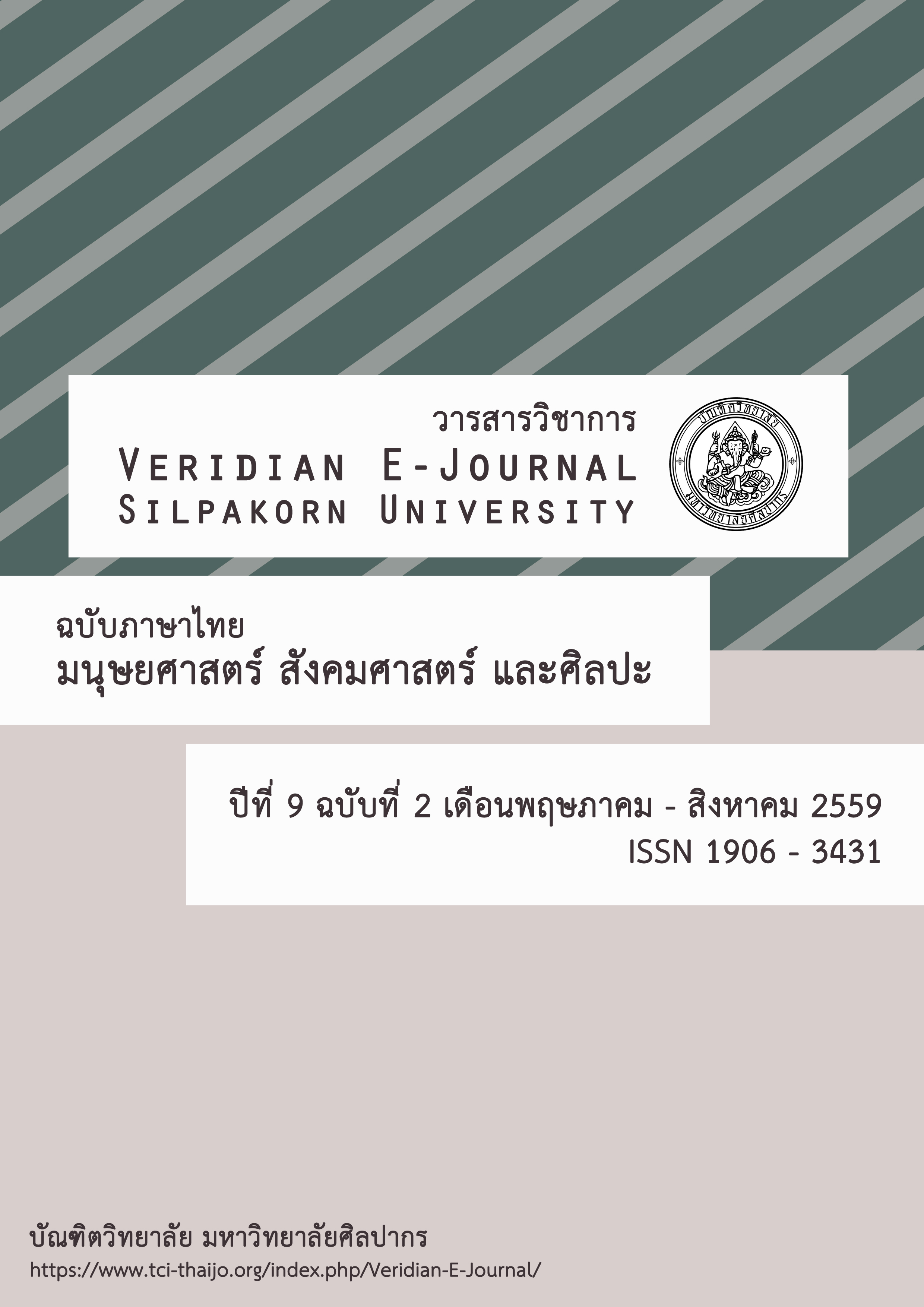การนำนโยบายด้านการจัดเก็บภาษีและรายได้ไปปฏิบัติขององค์กรปกครองส่วนท้องถิ่น จังหวัดเพชรบุรี
Main Article Content
Abstract
การวิจัยนี้มีวัตถุประสงค์เพื่อ1) เพื่อศึกษาความสำเร็จในการนำนโยบายด้านการจัดเก็บภาษีและรายได้ไปปฏิบัติขององค์กรปกครองส่วนท้องถิ่น 2) เพื่อศึกษาปัจจัยที่ส่งผลต่อความสำเร็จในการนำนโยบายด้านการจัดเก็บภาษีและรายได้ไปปฏิบัติขององค์กรปกครองส่วนท้องถิ่น และ 3) เพื่อหาแนวทางที่เหมาะสมในการนำนโยบายด้านการจัดเก็บภาษีและรายได้ไปปฏิบัติขององค์กรปกครองส่วนท้องถิ่น โดยใช้ระเบียบวิธีวิจัยแบบผสมผสาน คือ ข้อมูลเชิงปริมาณ ประชากรที่ใช้ในการวิจัย ได้แก่ หัวหน้าส่วนการคลัง และเจ้าพนักงาน/เจ้าหน้าที่/ผู้ช่วยเจ้าหน้าที่จัดเก็บรายได้ ได้จำนวน 255คน และ ข้อมูลเชิงคุณภาพโดยการสัมภาษณ์แบบมีโครงสร้างจากผู้ให้ข้อมูลสำคัญ ได้แก่ 1) ผู้บริหารระดับสูง จำนวน 10 คน 2) ผู้นำนโยบายไปปฏิบัติ จำนวน 9 คน 3) กลุ่มผู้รับบริการ รวมทั้งสิ้น 28 คน สถิติใช้ในการวิเคราะห์ข้อมูล คือ ค่าร้อยละ ค่าเฉลี่ย ส่วนเบี่ยงเบนมาตรฐานและสัมประสิทธิ์สหสัมพันธ์เพียร์สัน
ผลการวิจัยพบว่า
1. ปัจจัยที่ส่งผลต่อความสำเร็จในการนำนโยบายด้านการจัดเก็บภาษีและรายได้ไปปฏิบัติ ทั้ง 6 ด้านโดยภาพรวมมีระดับความคิดเห็นอยู่ในระดับมาก ตามลำดับ และความสำเร็จในการนำนโยบายด้านการจัดเก็บภาษีและรายได้ไปปฏิบัติ ทั้ง 3 ด้าน โดยภาพรวมมีระดับความคิดเห็นอยู่ในระดับมาก
2. ปัจจัยด้านความสอดคล้องกับบริบทของท้องถิ่น อาทิ สังคม เศรษฐกิจ การเมือง และค่านิยมทางวัฒนธรรม ด้านการสื่อสารระหว่างองค์การ ด้านความชัดเจนในการกำหนดวัตถุประสงค์และแผนงานด้านการมีส่วนร่วมของผู้รับบริการในกระบวนการนโยบาย และด้านการกำหนดภารกิจและมอบหมายงานที่ส่งผลต่อความสำเร็จของการนำนโยบาย และมีประสิทธิภาพในการทำนาย คิดเป็นร้อยละ73.30
3. แนวทางการนำนโยบายด้านการจัดเก็บภาษีและรายได้ไปปฏิบัติที่เหมาะสม ได้แก่ บุคลากรที่ปฏิบัติงานด้านการจัดเก็บภาษีและรายได้ควรมีความรู้เฉพาะด้านเป็นอย่างดี ควรได้รับการฝึกทักษะในการปฏิบัติงานร่วมกับประชาชนสร้างทัศนคติที่ดีให้แก่ผู้นำนโยบายไปปฏิบัติ และควรมีการนำเทคโนโลยีสารสนเทศมาประยุกต์ใช้ เพื่อเป็นตัวขับเคลื่อนให้นโยบายสามารถดำเนินไปได้จนบรรลุเป้าหมาย
The purposes of this research were to 1) study the success of implementation of taxation and revenue collection policy of local government organizations, 2 examine the factors affecting success of implementation of taxation and revenue collection policy of local government organizations, and 3) find out the proper guidelines for implementation of taxation and revenue collection policy of local government organizations. The quantitative research methodology was mainly used and qualitative research was used as a supportive approach. The quantitative data were collected by using a questionnaire from 255 heads of finance sections and personnel concerning revenue collection. The qualitative data were collected by using a structured interview form from 28 key informants consisting of 1) chief executives,2) policy implementing personnel, and 3) service recipients. The data were analyzed by using percentage, mean, standard deviation, and Pearson’s correlation coefficient.
The research results were as follows:
1. The factors affecting success of implementation of taxation and revenue collection policy in 6 aspects, according to the samples’ opinion, were overall at a high level, whereas the success of implementation of taxation and revenue collection policy in 3 aspects was overall at a high level, too.
2. The factors affecting success of implementation of taxation and revenue collection policy were conformity to local context namely social, economic, political, and cultural value contexts, inter-organizational communication, clarity in plan and determination of objectives, service recipients’ participation in policy implementation, and task determination and job assignment. The predictive efficiency was 73.30%.
3. The proper guidelines for implementation of taxation and revenue collection policy were that personnel working on taxation and revenue collection developed good attitude among policy implementing officials, that specific knowledge was essential for information technology application, and officials’ skills on working with people were necessarily trained to mobilize policy implementation to reach the goal.
